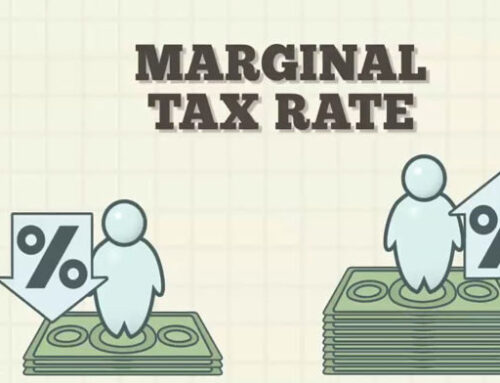Taxes are an inevitable part of modern society. Every year, individuals and businesses are required to pay taxes to the government. However, understanding taxes can be confusing and overwhelming, especially for those who are new to the process. In this guide, we will break down the basics of taxes and help you understand everything you need to know.
Also Read: Are Gifts To Customers And Business Associates Deductible Expenses?
What are Taxes?
Taxes are payments that individuals and businesses make to the government. The government uses these funds to pay for services and programs that benefit society, such as healthcare, education, and infrastructure. There are various types of taxes, including income tax, sales tax, property tax, and payroll tax.

Why do we pay Taxes?
Taxes are a way for the government to fund public services and programs that benefit society as a whole. Without taxes, the government would not be able to provide essential services such as public schools, hospitals, and roads. Taxes also fund programs that provide assistance to those in need, such as social security and welfare.
How are Taxes Calculated?
The amount of tax an individual or business pays depends on a variety of factors. Income tax, for example, is based on an individual’s income. The more a person earns, the more they will pay in taxes. Sales tax, on the other hand, is calculated as a percentage of the purchase price of goods or services. Property tax is based on the value of a person’s real estate property, and payroll tax is calculated as a percentage of an employee’s wages.
How do I File my Taxes?
The process of filing taxes varies depending on the type of tax you are paying. Income tax, for example, is filed annually and requires individuals to report their income and any deductions or credits they are eligible for. Sales tax is typically collected by businesses and remitted to the government on a regular basis. Property tax bills are sent to homeowners annually, and payroll tax is withheld by employers from their employees’ wages.
Also Read: Frequently Asked Questions About GST/HST By Business Owners
What Happens if I Don’t Pay my Taxes?
Failing to pay taxes can result in serious consequences. The government has the power to take legal action against those who do not pay their taxes, including imposing fines and penalties, seizing assets, and even imprisonment in extreme cases.
In conclusion, taxes are a necessary part of modern society. While they can be confusing and overwhelming, understanding the basics of taxes can make the process easier. By knowing why we pay taxes, how they are calculated, and how to file them, individuals and businesses can ensure they are compliant with the law and contribute to the betterment of society.
Recent Posts
FAQ
Why do I have to pay taxes?
Paying taxes is a civic duty and is necessary for the government to provide essential services to its citizens. Taxes are also used to fund government programs and initiatives, such as infrastructure projects and national defense.
When is the tax filing deadline?
The tax filing deadline in the United States is typically April 15th, although this may be extended in certain circumstances.




